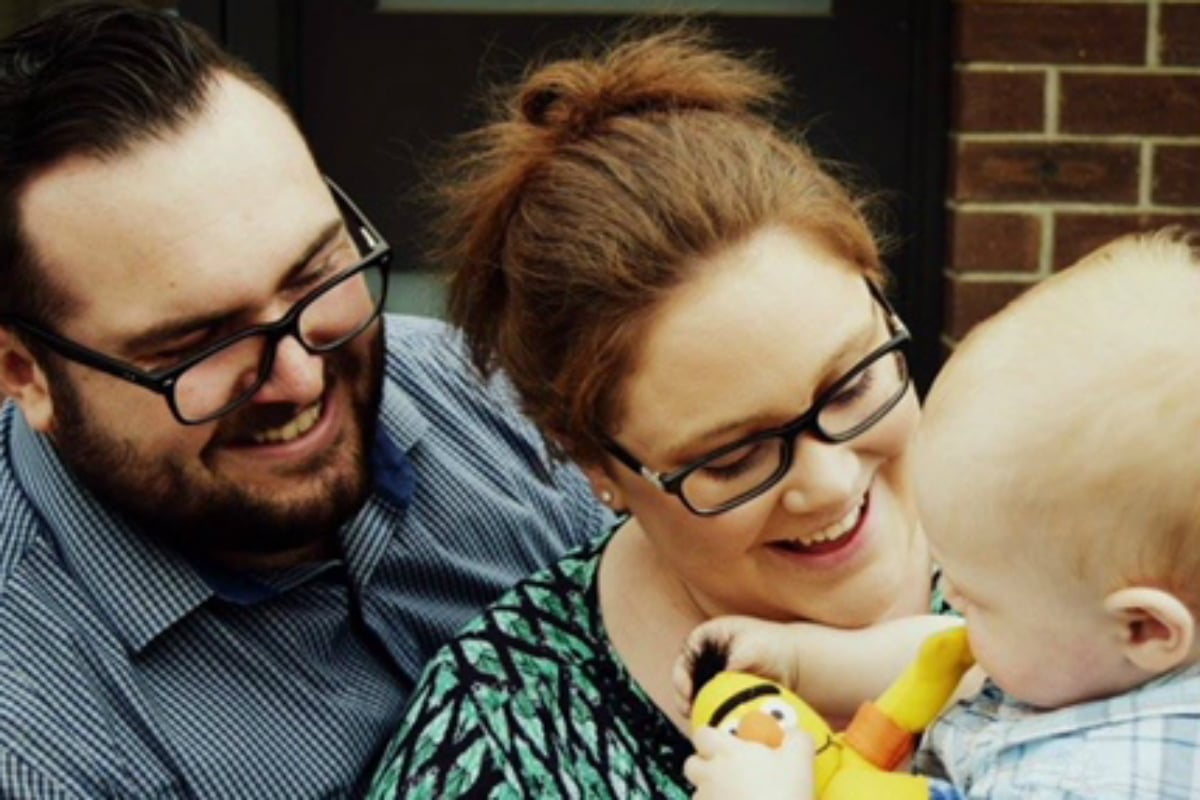
Becoming a mother was supposed to be a dream come true. It was something I had been imagining for as long as I could remember.
I loved being pregnant. There were difficult moments, but overall I just felt so much excitement and couldn’t wait to meet our beautiful baby. Things started to go downhill when I went into labour – the whole experience was really traumatic and I felt that my wishes and concerns were brushed aside.
Our little boy wanted to make a spectacular entrance by coming out face-first, which was putting a lot of pressure on his neck and causing a huge amount of stress for both myself and him. We were minutes away from an emergency caesarean when my obstetrician assisted with a ventouse and I was able to safely deliver him naturally.
My son, Isaac, was placed on my chest and I expected to feel a rush of positive emotion; “overwhelming love” as it had so often been described to me. But I felt nothing but fear. This fear intensified over the following days. I would stare at Isaac as he slept, trying to summon any positive feeling.
I couldn’t sleep although I was beyond exhausted. I couldn’t eat. I could barely breathe. I tried to explain how I was feeling, but I just couldn’t find the words. We arrived home and nothing changed. I felt sick constantly, I dreaded breastfeeding, I dreaded everything to do with my precious baby. I convinced myself that I was the worst mother in the world, he deserved so much better – I didn’t want to be a mum at all anymore.
Three weeks passed and I felt absolutely no different. All I did was cry. I wanted my husband by my side 24 hours a day or I would have a complete meltdown. When he went back to work my mum was with me as much as she could be as I just couldn’t cope. I was perfectly able to meet Isaac’s physical needs. Breastfeeding was going well, he was gaining weight, was fairly settled and was overall a content baby boy. I didn’t even know what I was anxious about.
